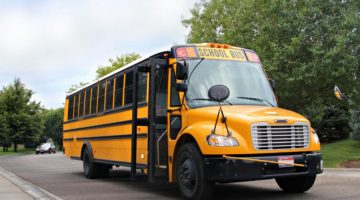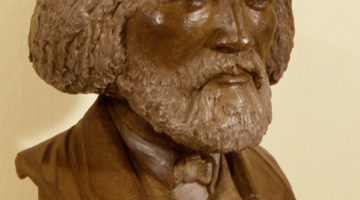Washington D.C. – Amanda Eversole spent 13 years at the U.S. Chamber of Commerce in Washington, D.C., where she cemented a legacy of leadership and innovation before joining JP Morgan Chase, where she created a framework for the firm’s philanthropic approach.
Now, as executive vice president and chief operating officer at the American Petroleum Institute (API), Eversole has the monumental task of leading efforts to integrate the trade association’s diverse functions and develop and implement a strategic plan for the natural gas and oil industry.
Eversole now puts her strong track record of driving consensus and winning strategies to the test as API and all in oil and natural gas wrestles with ensuring people of color and women are a large part of the lucrative industry.
“Every day, we get up and say what we’re going to do to make sure that we are giving people opportunities to interact with this industry, and it changes people’s lives,” Eversole told NNPA Newswire.
API states that about half of new industry-related job opportunities through 2040 are projected to be filled by African Americans, Hispanic, Asians, and women.
Eversole remarked that talk isn’t good enough.
“The default narrative that the industry is old, dirty, and predominately white male is not true anymore, and the way we prove that is not by statistics,” Eversole exclaimed.
“It is by standing up and doing the work that we’re doing and showing people by opportunities and not by talking points.”
Eversole reiterated that API possesses a strong belief that educational opportunities remain critical to successful employment.
Backing that belief are programs like the organization’s Minority Serving Institution Initiative, where API has partnered with Historical Black Colleges and Universities (HBCUs) and Hispanic Serving Institutions (HSIs) to provide students free access to the trade association’s world-class standards.
API also has joined Discovery Education’s STEM Careers Coalition where a coalition of industry partners joined to nurture a diverse culture of STEM education in K-12 schools nationwide.
In five years, that program aims at impacting 10 million students at 5,000 schools.
“There’s this common thread of opportunity, and I had not worked with an industry like oil and natural gas where the constant focus is on improvement and optimization,” Eversole asserted.
“There are career opportunities that can last an entire lifetime, and there’s a sense of intergenerational opportunities through education to children with STEM skillsets.” Eversole continued:
“When I talk about the opportunities we have in the industry, I step back and say, ‘How does API, which represents more than 600 members, figure out how to accelerate the journey we’re on together in America understanding and acknowledging those suffering and working through racial inequities?’ I’m proud to say that we have a lot to show for our work.”
API is also building a job readiness training program through API’s Global Industry Services platform that facilitates baseline industry knowledge and skills, leading to entry-level operational roles across the industry.
API is partnering with Opportunity@Work in Houston, the world’s energy capital, where it’s estimated to have proportionally more rising STARS – Skilled-Through-Alternative-Routes.
“It’s a journey,” Eversole stated.
“When you think about long term workforce programs and when I think about STEM education and some of the internship programs – in terms of how to get that pipeline ready – we’re evaluating points of continuum and figuring out where some of those barriers are and why we are not seeing proportionality within the overall workforce.”
Eversole said the oil and natural gas industry “can do better.”
“We will do better,” she declared. “I’m encouraged that there’s a building sense of momentum.”













No Comment